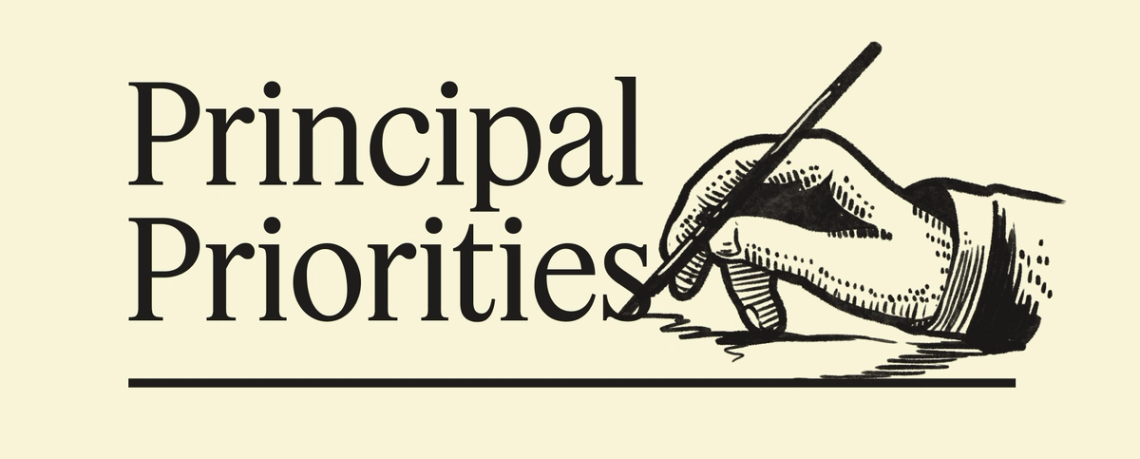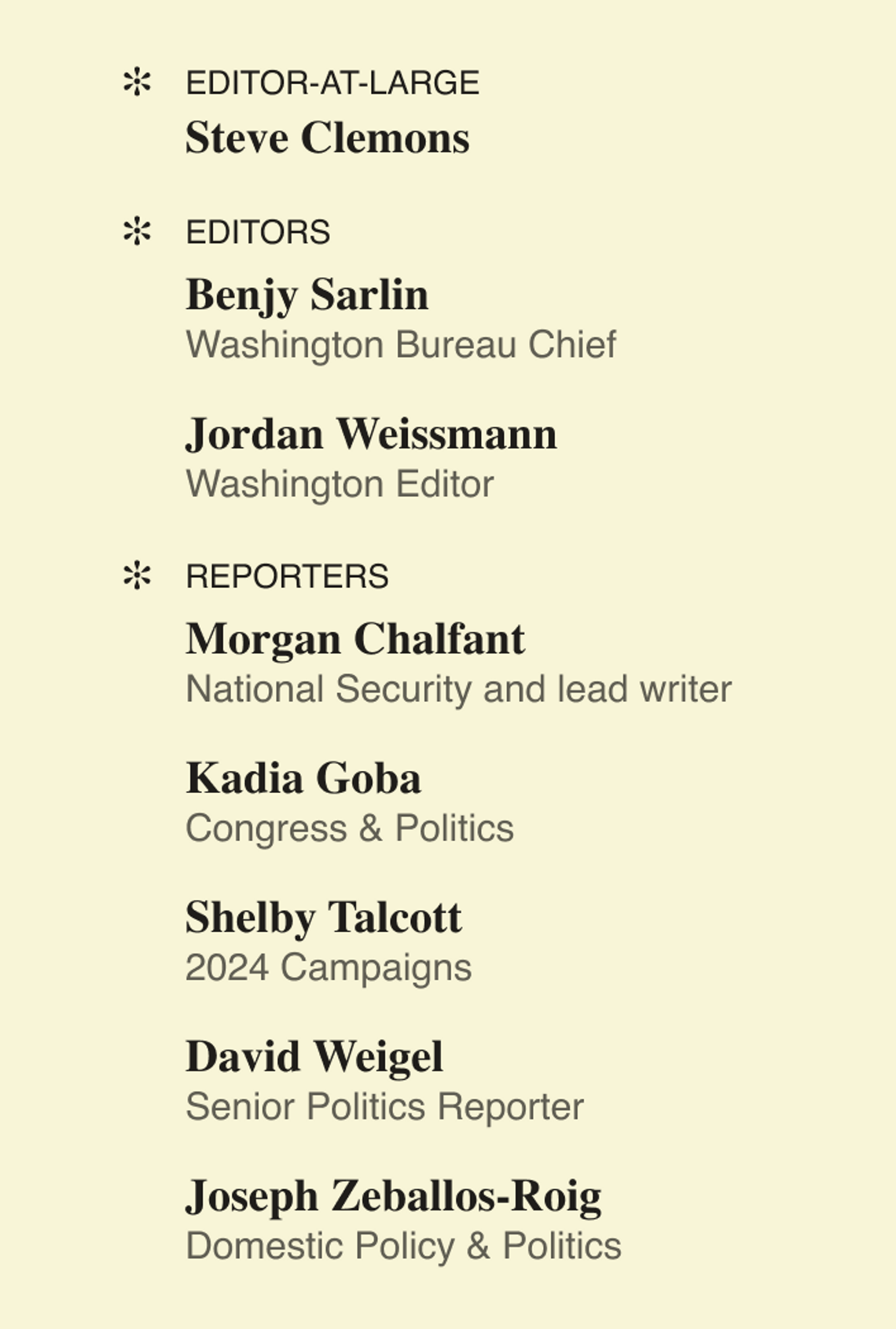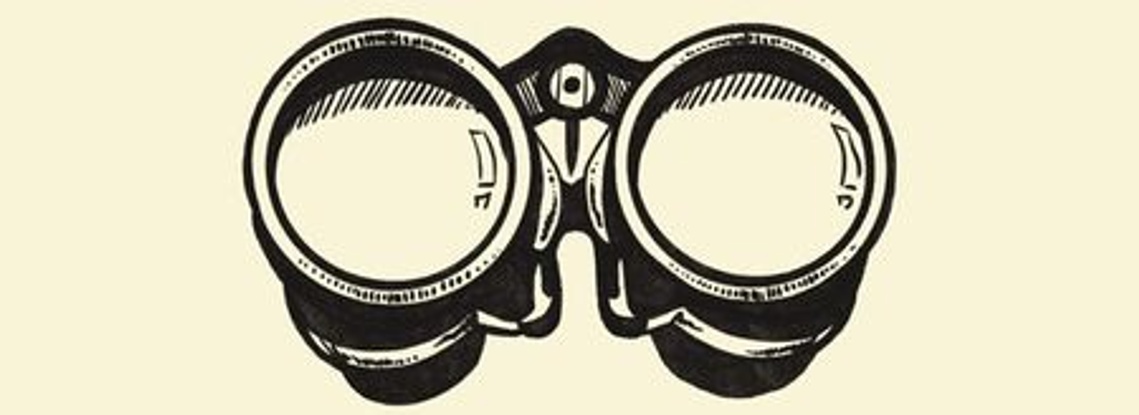 REUTERS/Reba Saldanha REUTERS/Reba SaldanhaSemafor was on the plane with Donald Trump on Tuesday when he rolled out a new potential legal defense: It was only “bravado” when he seemingly told a room of people in 2021 that he was holding “highly classified” material and “secret information” about attack plans on Iran. “I would say it was bravado, if you want to know the truth, it was bravado,” Trump said in response to one of my questions. “I was talking and just holding up papers and talking about them, but I had no documents. I didn’t have any documents.” The implication: He was overselling the material he was showing to an aide and people working on a biography of former chief of staff Mark Meadows in the recording published by CNN, a transcript of which featured heavily in his recent federal indictment. One thing that stuck with me on the plane was the urgency with which he defended himself, even as that defense continues to evolve. During our conversation he repeatedly insisted he had no classified documents in the 2021 meeting, even doing a mock demonstration of how he often had papers strewn across his desk about topics of interest, and saying he may have had plans for a golf course mixed in. “I had no classified documents, but I had magazine articles, and I had stories and newspapers,” he said. “Some of those stories would have been on Iran because it’s a very close subject to me, because I think it could be the end of the world, okay? And I’d hold them up and I’d say ‘you cant let this stuff happen.’ But that was not documents and it wasn’t classified.” He asked us at one point if we understood the argument he was making. And after Trump ended the interview (abruptly, he didn’t like a question about a plea deal) he pointedly directed his aides to ensure we reported accurately on what he’d said. A national security lawyer we talked to, Bradley Moss, was skeptical the “bravado” case would work: “One, they’re not charging him with retaining that document,” he said in a text message. “Two, the relevance of the comments in the audio are they speak to Trump’s intent and awareness of the limitations on his ability to have and share classified records. And three, I have no reason to believe Smith would have included this issue without getting clarifying testimony from the various witnesses.” But that Trump would resort to essentially saying he was lying, or boasting, or exaggerating — not a common admission from him — seemed to reflect the seriousness with which he views the case against him. As a number of observers noted last night, it bore resemblance to his claim the “Access Hollywood” tape was “locker room talk” after it came out in 2016 and presented one of the biggest crises of his political life. That was notably the only time in his career as a presidential candidate that he personally apologized for doing something wrong. In general, Trump seems to be grasping at any argument that helps him back up his assertion he did not improperly retain or share national security information. And sometimes too many explanations can end up backfiring. | 








